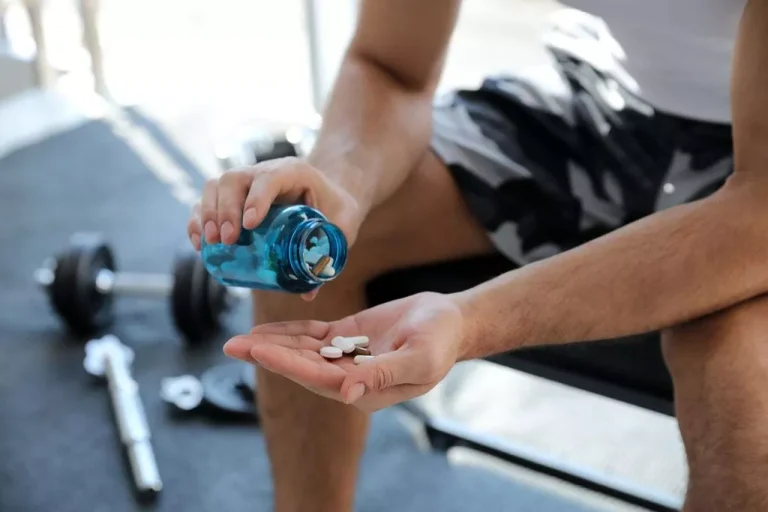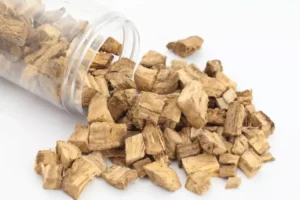How Long Does It Take to Detox from Alcohol? Timeline and More

Alcohol withdrawal causes a range of symptoms when a person with alcohol use disorder stops or significantly decreases their alcohol intake. The symptoms can range from mild to severe, with the most severe being life-threatening. Many people stop experiencing alcohol withdrawal symptoms four to five days after their last drink.
- The care you’ll need depends in part on where you fall in that range.
- Inpatient treatment allows healthcare professionals to monitor you for DT or hallucinations, monitor your vitals, and administer fluids or medicine intravenously if needed.
Who Experiences Alcohol Withdrawal Symptoms?
These programs involve working with a team of mental health professionals in a group and individual setting. Treating alcohol withdrawal is a short-term fix that doesn’t help the core problem. When you talk to your doctor about symptom relief, it’s a good idea to discuss treatment for alcohol abuse or dependence. Once you have gone through withdrawal, you’ll also need a plan to remain alcohol-free.

How long does it take to detox from alcohol?
Having a history of seizures increases your risk for withdrawal seizures. These symptoms may start a few hours or a few days after your last drink of alcohol. Sometimes, https://ecosoberhouse.com/ symptoms may be severe enough to require medical treatment at a hospital or rehabilitation facility. But some people choose to manage alcohol withdrawal themselves.

How To Detox from Alcohol Safely
- It is possible to get treatment and live a healthier life with a better relationship with alcohol.
- Alcohol withdrawal syndrome is a set of symptoms that occur when someone who is physically dependent upon alcohol suddenly stops drinking or drastically reduces their alcohol intake.
- That’s because you’ll also need treatment to break your addiction, and some programs combine the two.
- Many involve a combination of group psychotherapy (talk therapy) and medications.
- Alcohol (ethanol) depresses (slows down) your central nervous system (CNS).
- Treatment options for alcohol withdrawal syndrome typically involve supportive care to ease the effect of the symptoms.
Other drugs a healthcare provider might prescribe include anxiolytics , vitamins, and suboxone. When someone with a dependence on alcohol suddenly stops drinking, usually within 6-24 hours after their last drink, they might develop withdrawal symptoms. The symptoms most commonly begin between 6 to 24 hours after your last drink. Still, some symptoms — often more severe — can set in after 2 to 3 days.
Hospitalization

Ask your doctor whether any medications may help in the process. Identify a family member or friend who you can call on to provide emotional support. Alcohol withdrawal syndrome is a set of symptoms that occur when someone who is physically dependent upon alcohol suddenly stops drinking or drastically reduces their alcohol intake. Alcohol withdrawal is a potentially serious complication of alcohol use disorder. It’s important to get medical help even if you have mild symptoms of withdrawal, as it’s difficult to predict in the beginning how much worse the symptoms could get. Your healthcare provider will recommend and encourage treatment for alcohol use disorder.
- From month-long sobriety challenges to the Sober Curious movement, more and more people are taking a closer look at the role alcohol plays in their lives.
- If your drinking makes you feel out of control and you are ready to seek help, many organizations can assist you.
- Serious symptoms caused by delirium tremens include hallucination and seizure.
- The test is free, confidential, and no personal information is needed to receive the result.
- Blood tests and imaging tests can show if organs, such as the liver, have been affected by a person’s intake of alcohol.
- In extreme cases, the brain can have problems regulating breathing and circulation.

When in doubt, clinicians can refer to the DMS-V criteria for diagnosis. In some cases, a person may choose to reduce their alcohol consumption gradually over several Alcohol Detox weeks. In these cases, a person should work with a doctor or healthcare provider to develop a schedule that they can follow safely to decrease dependency.
